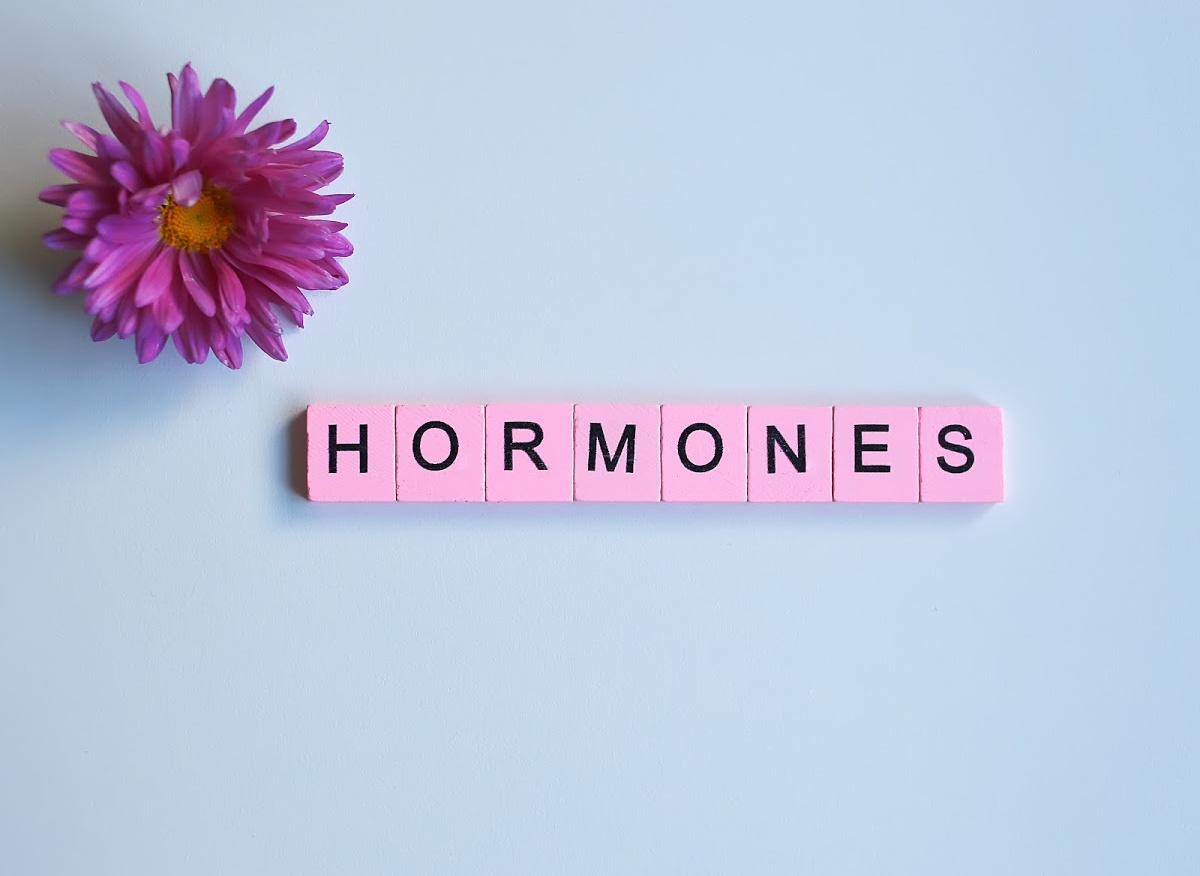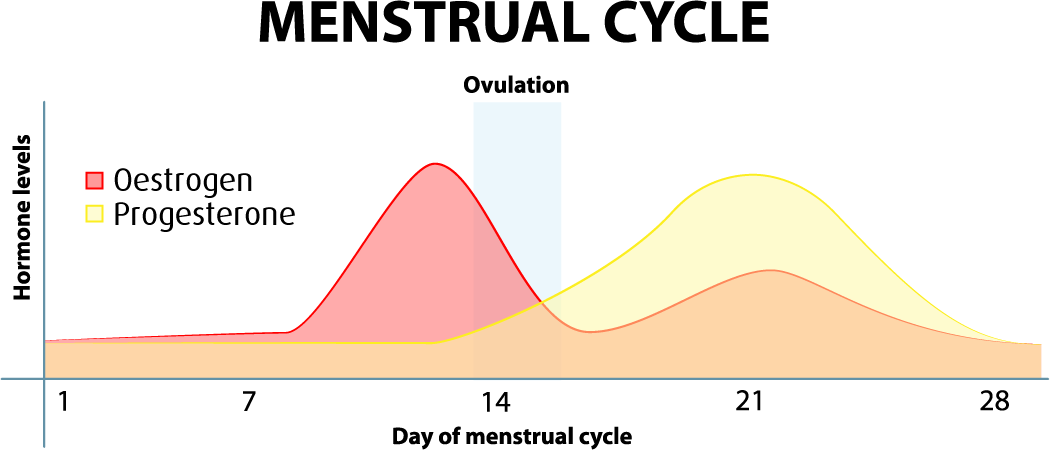Polycystic Ovary Syndrome is a condition affecting millions of women in the United States. Dealing with the ailment can be frustrating as the cause is unknown; most experts believe a number of things cause Polycystic Ovary Syndrome including genetics and hormonal imbalances. Polycystic Ovary Syndrome, commonly referred to as PCOS, is a health issue that may affect a woman’s:
- Menstrual cycle
- Ability to have children
- Hormones
- Heart
- Blood vessels
- Appearance
Women with PCOS generally have high levels of androgens, which are often referred to as male hormones; missed or irregular periods; and several small cysts on their ovaries.
Androgens are male hormones that women also produce. Women whose ovaries produce high levels of these hormones are met with difficulties in developing and releasing eggs during ovulation, which can affect a woman’s fertility. Another hormone many researchers think is connected to PCOS is insulin. “Insulin is a hormone that controls the change of sugar, starches, and other food into energy for the body to use or store.” The extra insulin in the body is linked with the increased production of androgens. High androgen levels can result in acne, excessive hair growth, weight gain and ovulation issues.
While there are many symptoms of Polycystic Ovary Syndrome, the most common one is infertility. For many women, this could be a major issue in life. The ability to have children is what many live for and if that’s taken away, it can be very difficult. Although there are many options and alternatives to having your own children, it can be heartbreaking.
Fortunately, recent research shows through diet and meal timing, fertility can improve. Professor Daniela Jakubowicz of Tel Aviv University’s Sackler Faculty of Medicine and the Diabetes Unit at Wolfson Medical Center has found a way to help PCOS sufferers improve fertility through managing glucose and insulin levels.
Jakubowicz’s meal and diet plan is centered on the timing of meals and the24-hour metabolic cycle of the body. For women of normal weight, this program is based on insulin management as opposed to weight management. This meal plan has women increasing their calorie intake at breakfast and reducing the amount of calories taken in throughout the rest of the day. As a result, Jakubowicz saw a decrease in insulin resistance, which also led to decreased levels of testosterone and a “dramatic increase in the ovulation frequency — measures that have a direct impact on fertility.”
It seems there is a light at the end of the Polycystic Ovary Syndrome tunnel. As we know, nutrition and diet are extremely important factors in our health. The more we learn and study, the more it seems to be related to a number of health issues, including infertility caused by PCOS.
Post by Staff of Forum Health Clarkston







